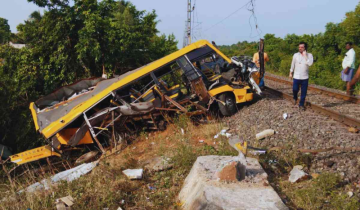Overflowing landfills, polluted landscapes—the world faces a monumental trash crisis. And India is no exception, with a staggering 62 million metric tonnes of solid waste generated each year, a number projected to triple by 2030 (Report: TERI). Imagine pristine countryside vistas replaced by towering mountains of garbage. This nightmarish reality demands we rethink how we manage our waste. Enter smart waste management—a tech-driven revolution transforming trash from a burden into a valuable resource.
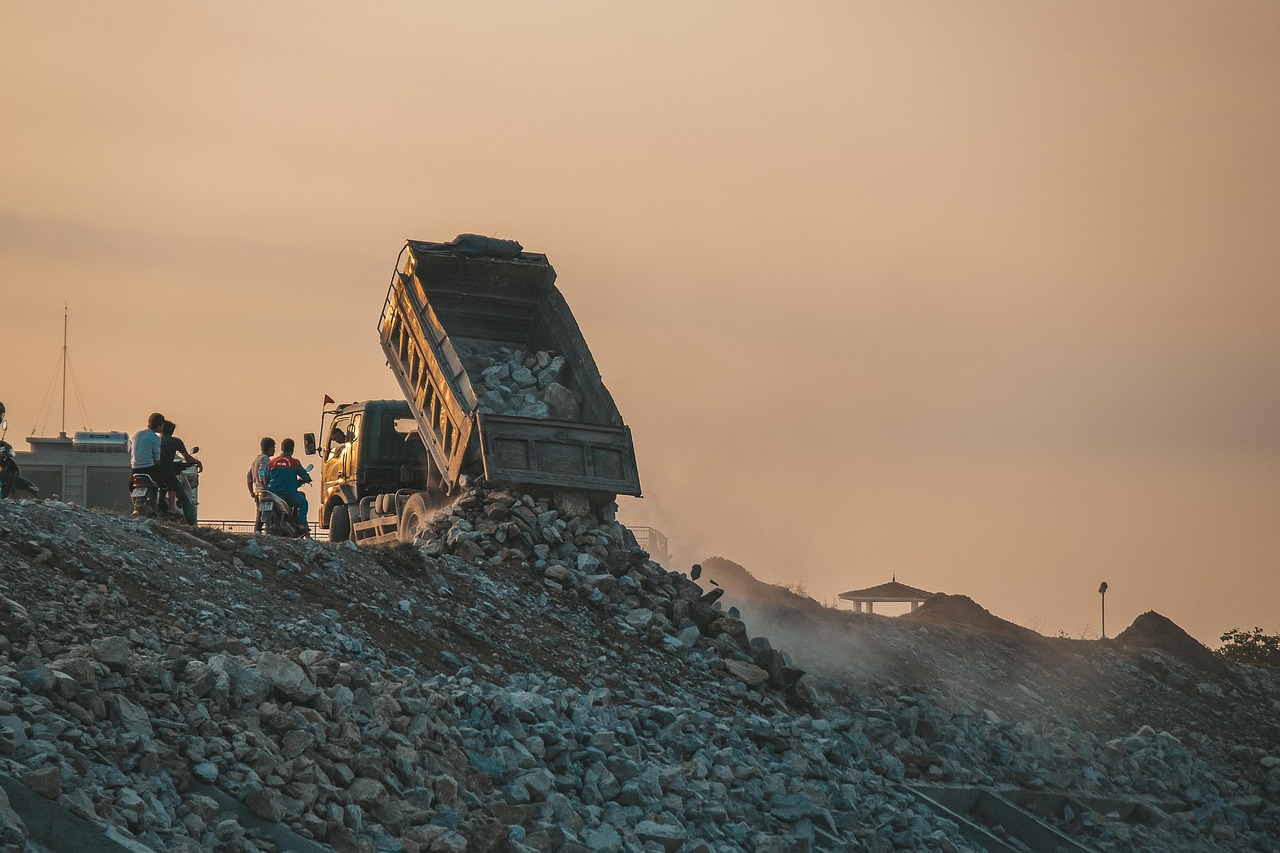
Beyond the Bin: Innovative Tech Driving Change
The smart waste management future isn't some sci-fi dream; cities globally are already pioneering cutting-edge solutions to optimise how we collect, process, and dispose of waste. And India can absolutely tap into this technological revolution.
Superpowered Smart Bins: Picture trash cans with built-in sensors alerting staff when they're full, eliminating unnecessary collection trips. Less fuel guzzled, fewer emissions, optimised routes, cleaner streets, and less congestion, especially in bustling Indian cities,.
The Internet of Things: Imagine receptacles that don't just report fullness but actually identify waste types through embedded sensors. This data streamlines sorting at recycling facilities, maximising resource recovery while minimising contamination.
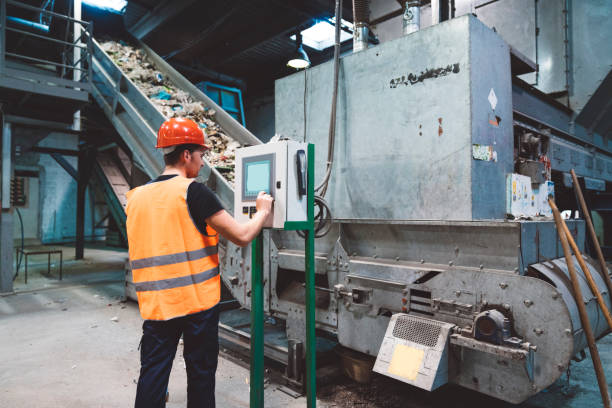
Big Data for Smarter Decisions: With insights from smart bins and connected devices, we can analyse waste patterns across neighbourhoods to predict future volumes. Hello, optimised collection schedules and resource allocation! Say goodbye to overflowing bins.
AI Sorting Wizardry: Artificial intelligence can identify and separate different materials with crazy accuracy. There is no more human error, with a wider range of recyclables recovered. India's booming tech sector (estimated market size at $12.90 billion in 2023) could pioneer this AI sorting revolution.
Blockchain for Total Transparency: This secure technology tracks waste's journey from home to the recycling plant. Every step recorded was zero shady practices, building trust, and incentivizing responsible behaviour.
A Supportive Policy Landscape
The Indian government recognises the urgency of tackling the waste crisis and has launched key initiatives paving the way for smart solutions:
Swachh Bharat Mission: This flagship 2014 programme promotes universal sanitation coverage, source segregation, composting, and waste-to-energy. A solid framework for smart technology to flourish.
Rules for Solid Waste Management(2016): Source segregation of trash into organic, dry recyclables, and hazardous items is required under this extensive legislation. It highlights the use of non-recyclable garbage for energy generation, supports the function of authorised waste pickers and recyclers, and encourages domestic composting.
_1712826666.png)
Extended Producer Responsibility (EPR) :Manufacturers are obligated under the EPR policy to manage their products' end of life. This encourages manufacturers to create products that are recyclable and to set up procedures for gathering used goods.
Smart Cities Mission: Focused on developing ultra-modern cities, this programme identifies smart waste management as critical. Cities like Nagpur are piloting sensor-equipped smart bins for optimised collection.
Benefits for a Greener Tomorrow
But smart waste management's upsides extend far beyond streamlining trash pickup.
Reduced Environmental Impact: Optimised collection and processing cuts fuel use and greenhouse emissions. Plus, more recycling means less waste rotting in landfills, reducing methane and soil pollution.
Resource Recovery for a Circular Economy: Smart technology ensures we efficiently recover valuable materials from the waste stream to create new products, reducing our reliance on virgin resources.
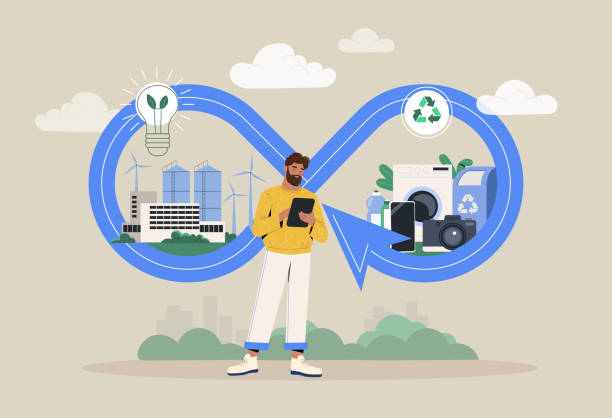
Improved Public Health: Hello, timely collection and proper disposal. There are no more disease risks from rotting trash piles. A cleaner, healthier environment for all.
Cost Savings Galore: Efficient collection routes, reduced fuel use, optimised processing—major cost savings for municipalities and waste companies to reinvest in better infrastructure.
Challenges Ahead
While the potential upsides are huge, smart waste management faces key hurdles:
Infrastructure Investment: Implementing all these high-tech solutions requires major spending on new facilities, data systems, and processing plants, which is tough for smaller cities.
_1712828282.png)
Data Privacy Concerns: Tracking waste patterns raises privacy worries. Robust security is critical for public trust.
Human Behaviour Barriers: None of this works without public awareness and a willingness to properly segregate and dispose of waste. Education is key.
A Collective Journey to a Sustainable Future
Smart waste management lights an exciting path towards a cleaner, greener India—transforming trash from a burden to a resource through innovation and technology. Pioneers like Recykal, the startup linking households to responsible recyclers, show what's possible. But real change demands collective effort—embracing smart solutions, fostering public engagement, and investing boldly in a waste-free, circular economy future.
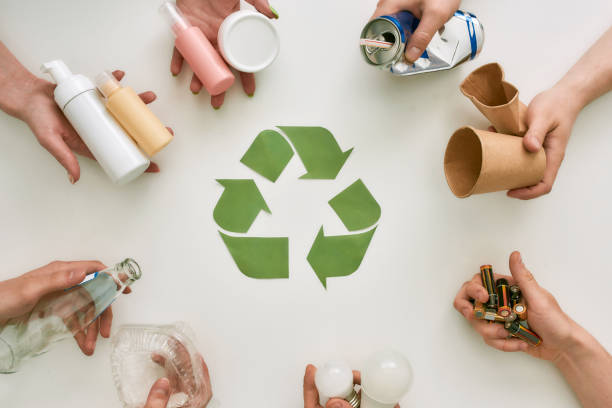
Are you ready to turn the tide on India's trash crisis? Here's how to start:
- Learn about smart waste initiatives in your city and support sustainable companies.
- Advocate for investment in cutting-edge solutions by reaching out to local leaders.
- Start small: segregate household waste, compost food scraps, and buy products with minimal packaging.
Every action counts towards creating an India that is not just managing waste but also leading the charge to transform it into fuel for an endlessly renewable tomorrow. The future is calling; it's time to answer with innovation, intention, and a refusal to let precious resources go to waste.
ⒸCopyright 2024. All Rights Reserved Powered by Vygr Media.







